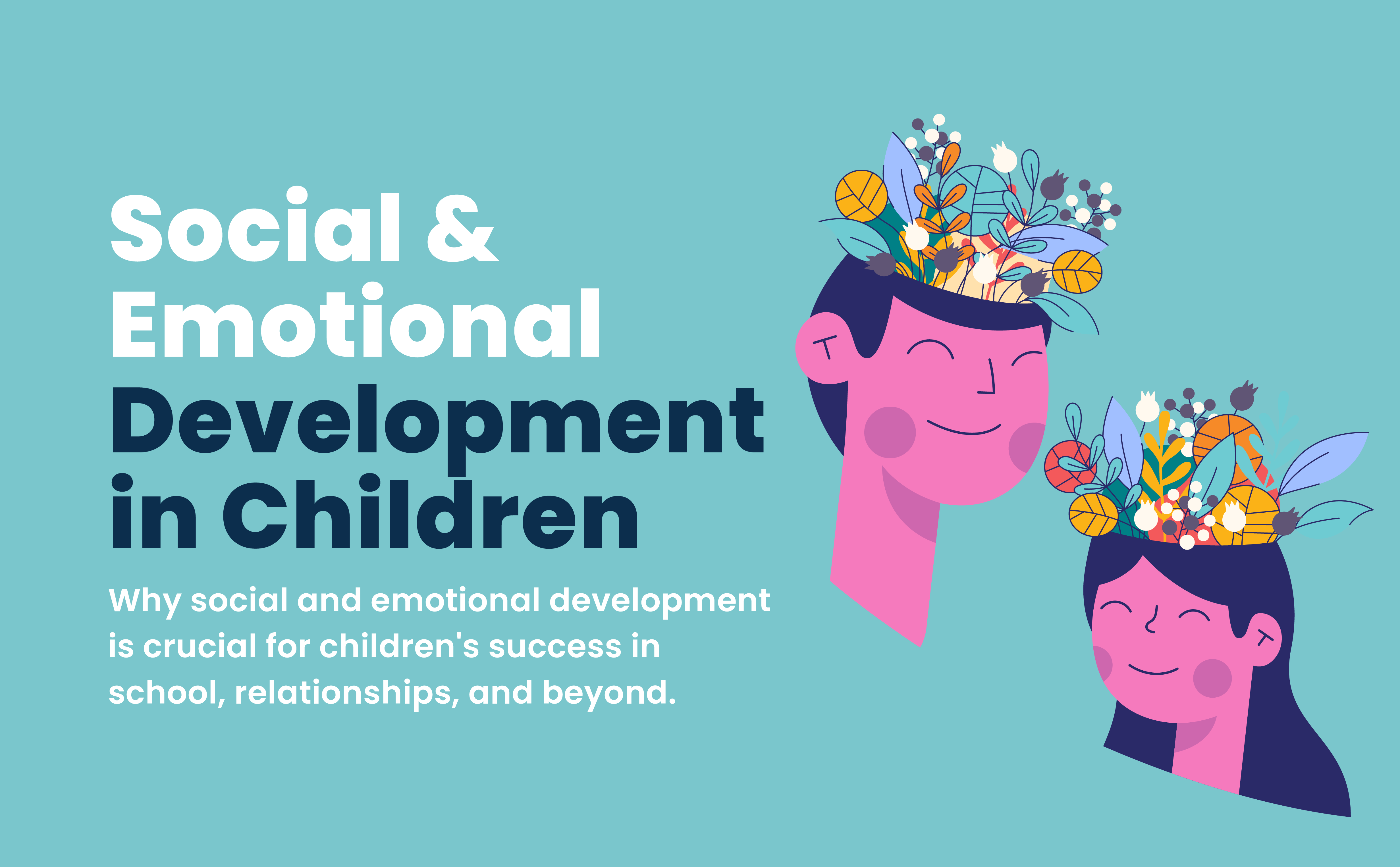
“Mental health is a critical component of children’s learning and general health. Fostering social and emotional health in children as a part of healthy child development must therefore be a national priority”
U.S. Department of Public Health Service, 2000, p. 3
Being aware of a child’s social-emotional development is crucial for their mental health as it could be a predictor of success in school, relationships, and beyond. This development involves the building blocks of self-confidence, trust, and empathy, which are crucial for healthy relationships. In order to support children’s social-emotional health, families and educators should be aware of the following key indicators:
-A child’s ability to regulate emotions.
-A child’s ability to communicate and share feelings.
-A child’s understanding of emotions in others.
-A child’s ability to manage stress.
While some behaviors may be normal aspects of growing up, persistent concerns may require additional support from healthcare professionals specifically trained in social and emotional development, mood, attachment, and challenging behaviors.
High-quality early learning opportunities mitigate the effects of risk factors on children’s mental health. Providing opportunities for children to share and express emotions, as well as to learn how to regulate their own emotions, is essential for healthy development. When caregivers are able to provide positive reinforcement and support, children are more likely to feel comfortable communicating their needs. They also identify children who face barriers to healthy social and emotional development and partner with families to obtain the support they need.
Here are some ideas:
It is also important to note that not all children who experience challenges in social and emotional development will require special assistance. If you are concerned about your child’s development, it is best to speak with a healthcare professional who is specifically trained in social and emotional development and challenging behaviors.